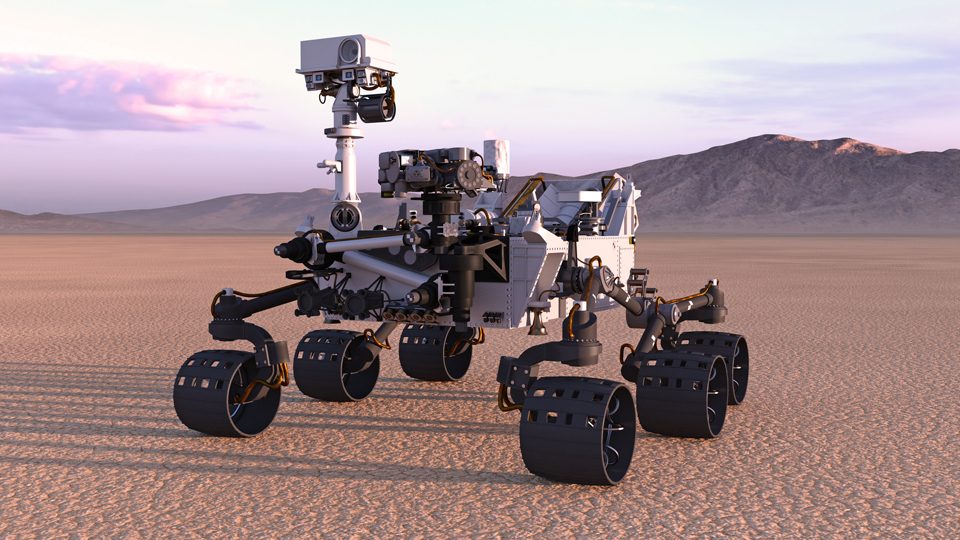The NASA Perseverance Mission Rover launched successfully from Cape Canaveral Air Force Station in Florida, on July 30th, 2020. Perseverance’s “astrobiology” mission to Mars will take 7 months and span 300 million miles, culminating in landing in an ancient lake bottom where it will select samples for return to Earth. A 2ndrover, due to land on Mars in 2026, will collect the samples and return them to Earth. The roundtrip journey will take 10 years and is due to return to Earth in 2031. It is the decade-long roundtrip journey that gave the rover its name; Perseverance.
In July of 2019, Cleanpart USA partnered with NASA’s Jet Propulsion Laboratory to work on the Perseverance Mission Rover project with a goal of implementing a robust coating capable of traveling through space and withstanding the extreme, severe environment of Mars. During the Spring and Winter of 2019, Cleanpart USA and JPL co-developed a thermal spray process that utilizes proprietary materials to coat “reservoirs” to be placed in the Rock Abrasion Tool located on the Rover Robotic Arm.
Cleanpart USA seized an opportunity to collaborate with JPL when earlier attempts proved unsuccessful. The cylindrical reservoirs are designed to capture and retain rock and dirt in a low contaminant environment. Once filled, the resevoirs maintain their seal for years. It’s hoped the collected samples may include signs of ancient life, including evidence of microbes.
Cleanpart USA’s entire team worked closely with JPL’s team during the development and production phases of the project. Creating the coating as well as capturing and containing Mars material without introducing any Earth contaminants was considered mission critical. Through rigorous coupon and material testing Cleanpart USA and JPL succeeded in creating a predicted, low contaminant level coating that would hold Mars rock and dirt without introducing any non-native material. In addition to being low contaminate, Cleanpart USA’s proprietary coating also demonstrated high corrosion resistance and did not shed particles. During Winter of 2019, production proceeded and progressed through conclusion in February of 2020.
Cleanpart USA is proud to have participated in this historic Mars mission project.
